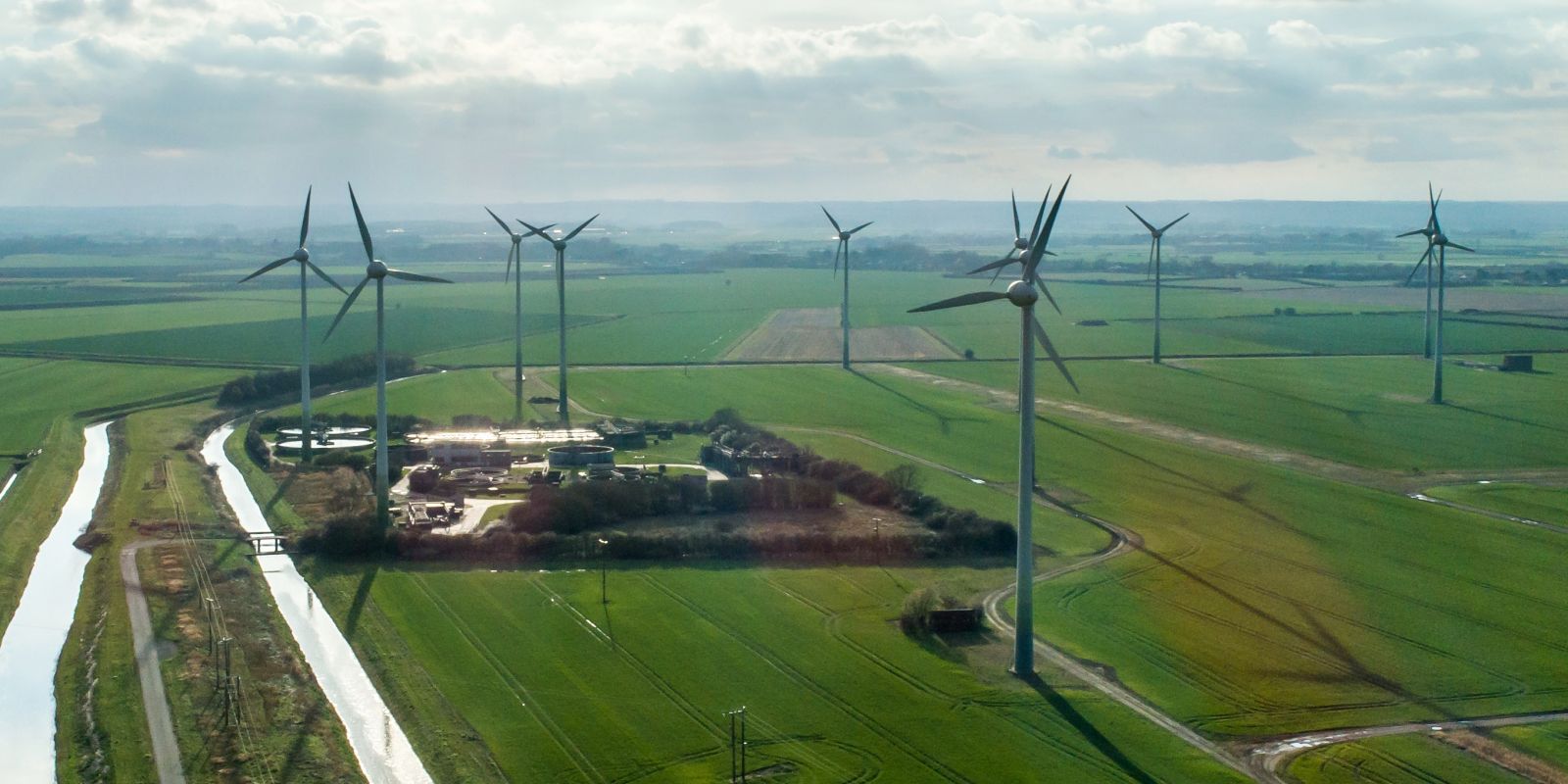A new private sector led initiative aims to put the Humber at the heart of ambitions to become net carbon zero by 2040.
A new private sector led initiative, strongly supported by the public sector, aims to make the Humber at the heart of the Government’s ambitions to tackle climate change by becoming net carbon zero by 2040.
The Humber Energy Board has been launched to act as a single voice for the region, providing co-ordinated promotion of the Humber’s strengths and its assets to a global audience, encouraging investment, as well as ensuring the region is able to communicate directly with Government in the same way as mayoral combined authorities are able to do.
Convened by the two Local Enterprise Partnerships across the region, the board has the backing of the Humber Leadership Board, as well as key organisations including the CBI, the Universities of Hull and Lincoln and a number of major companies, including Equinor, Ørsted, British Steel, Phillips 66, Drax, Youngs, Siemens as well as wider industry members such as CATCH and the Humber Freeports.
The board was launched at a meeting co-chaired by James Newman, Chair of the Hull and East Yorkshire LEP (HEY LEP), and his counterpart south of the estuary, Pat Doody, Chair of the Greater Lincolnshire LEP (GLLEP).
In a joint statement both Chairs said: “We were delighted to be able to bring together so many sector leaders to support the drive for the Humber to deliver on this vital agenda for climate change.
“The region may be the biggest emitter in the UK, but we also have the best solutions to the issues created by these emissions, with significant activity already ongoing around offshore wind, clean hydrogen production and carbon capture assets, all on a large scale.
“Our hopes are that the Government will recognise that this region is vital to its climate change and levelling up ambitions and will work through the Humber Energy Board to ensure a coordinated programme of investment and private sector collaboration.”
As a very industrialised region and a key part of UK’s national infrastructure and, as such, a major emitter of carbon, the board will be asking Government to provide a single point of contact at the highest level who can engage with the board on behalf of the many Government departments already involved in this agenda.
The board will also be looking to appoint a high-profile independent Chair from the sector who can provide the single voice and advocacy for the region in relation to this agenda, not just to when speaking to Government but across the UK and internationally.
The board also plans to engage with the many other projects and programmes already ongoing across the Humber and to provide additional cohesion to avoid duplication and unnecessary competition, while encouraging collaboration. There will also be a need to create some priorities for investment by both the Government and private sector.
Darren Cunningham from Phillips 66 said: “We will only progress towards net zero by engaging collaboratively. As an integral part of the Humber Industrial Cluster, the Phillips 66 Humber Refinery is committed to working with others, in all sectors across the Humber region, to drive real progress. We welcome the formation of the Humber Energy Board as an important private-public partnership to further encourage the ‘levelling up’ agenda across this vitally important region.”
Richard Gwilliam, Drax’s Head of Cluster Development, said: “The Humber has been an industrial heartland for centuries and now stands on the precipice of a green industrial revolution. If we are to achieve the ambitious net zero targets set out by Government, it is vital that we work together to develop the technologies that will support this goal.
“At Drax, we are deploying the crucial negative emissions technology bioenergy with carbon capture and storage (BECCS). In doing so, we can create and protect tens of thousands of jobs across the region, levelling up the UK and help the nation to reach net zero.”


